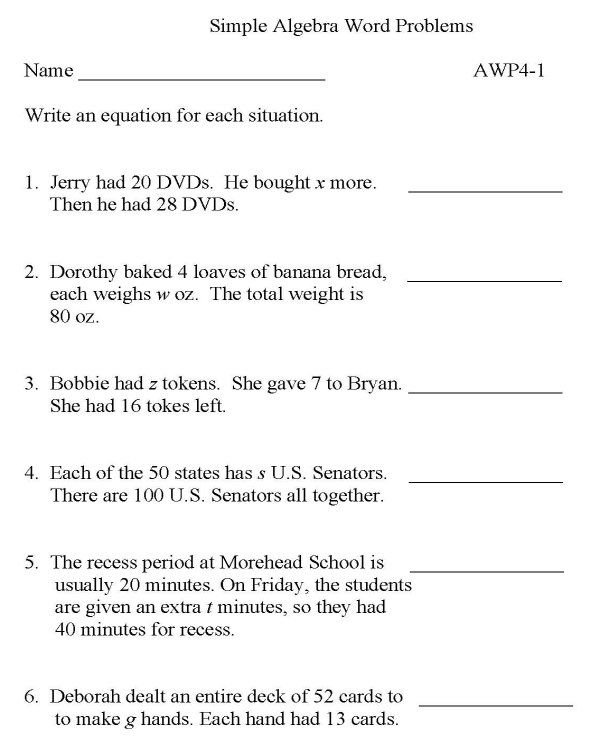

The Setup to Learn Calculus in 5 DaysĪ lot of people are asking me how I avoid burnout when trying to complete a 120-hour course in 5 days. But I also want to show that big ideas matter and sometimes the best way to be effective in the world is to first understand it. I want to show that the theory can accelerated and learned outside of school. That’s the main goal of this MIT Challenge. Studying business didn’t teach me much about running my business, but it did give me a language to think about all sorts of businesses that I haven’t started yet. The power of theory is that it expands the breadth of problems you can solve, while practical knowledge improves your efficiency with one set of problems. Learning the theory behind algorithms, machine learning, graphics, compilers and circuitry gives you the ability to think about and take on more interesting problems.

I’ve programmed as a hobby for years, and I’m confident that I could probably make most simple programs if I put in enough time (although I’m far from a master).īut computer science isn’t programming in the same way biology isn’t just using a microscope.
#BEGINNER CALCULUS PRACTICE PROBLEMS HOW TO#
You don’t need a computer science degree to learn how to program. Learning theory broadens the types of problems you can imagine possible solutions to. It’s not just to fulfill curiosity, or to execute some more practical task. A common misconception is that the best way to learn is simply to just go out in the real world and do things, and only learn theory when you absolutely need it.īut this misses the purpose of learning the theory behind ideas. However, part of the criticism, is weighed against learning theory in general. I’ll admit, that’s a weakness I need to work on, and I’m making adjustments to try to include more programming assignments for the classes where there are interesting projects. Theory Actually Matters (Or Why DIY Learners Often Fail)Ī lot of people have been criticizing my challenge for not doing enough programming. More, learning calculus in this challenge is also a statement about the benefits of theoretical versus practical knowledge. Calculus may seem a little daunting or dry from the outset, but that’s mostly because people don’t realize the volume of cool ideas that are based on it. Calculus is a tool that allows you to solve really interesting problems, that are much harder to solve without any knowledge of calculus.įor learning computer science, for example, calculus allows you to run machine learning algorithms in artificial intelligence, render 3D computer graphics and create physics engines for video games. I happen to think calculus is cool, and that’s not only because I’m a huge geek. Why Bother Learning Calculus?įirst though, why bother learning calculus at all? Beyond being a required course for my challenge, I think calculus has an unfair reputation as being either too hard or not useful enough to bother learning. This meant I had roughly 4.5 days to watch 30+ hours of video lectures, understand all the concepts and master the math enough to pass a 3-hour comprehensive exam. I started the class on Monday and wrote the exam on Friday afternoon. As you can watch in the video above, this week was calculus. Last week marked week one of my MIT Challenge, to learn their 4-year computer science curriculum in 12 months, without taking classes.


To access the course for free, click here.


 0 kommentar(er)
0 kommentar(er)
